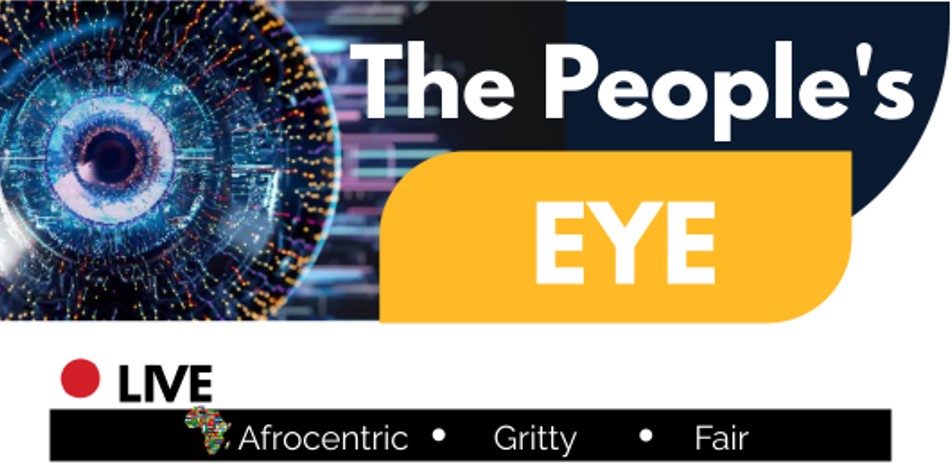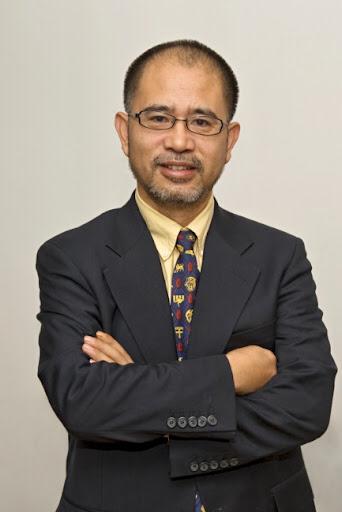-
 Hawks pounce on Mpumalanga government officials in another repairs and maintenance scandal
Hawks pounce on Mpumalanga government officials in another repairs and maintenance scandal
-
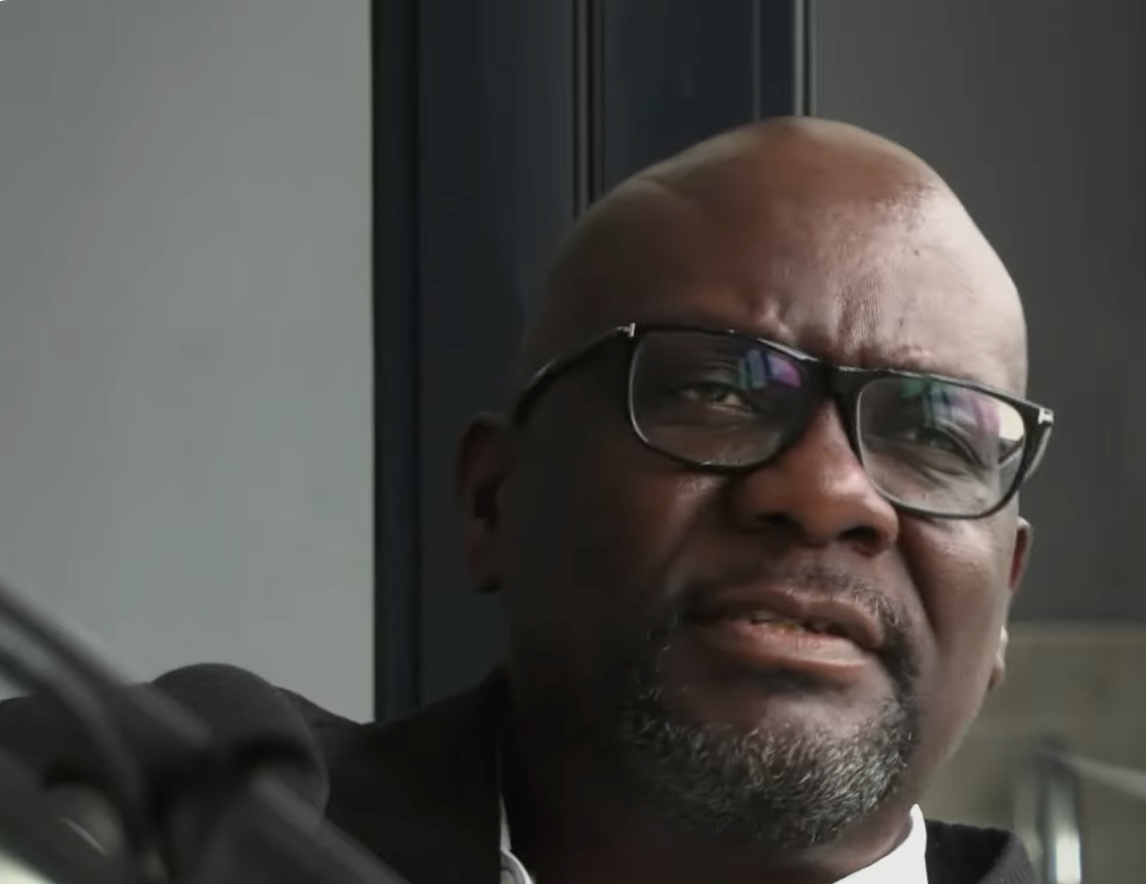 Mulaudzi files R5bn claim against the state
Mulaudzi files R5bn claim against the state
-
 Evaluation Board reinstates disputed value on Rupert’s Mpumalanga property
Evaluation Board reinstates disputed value on Rupert’s Mpumalanga property
-
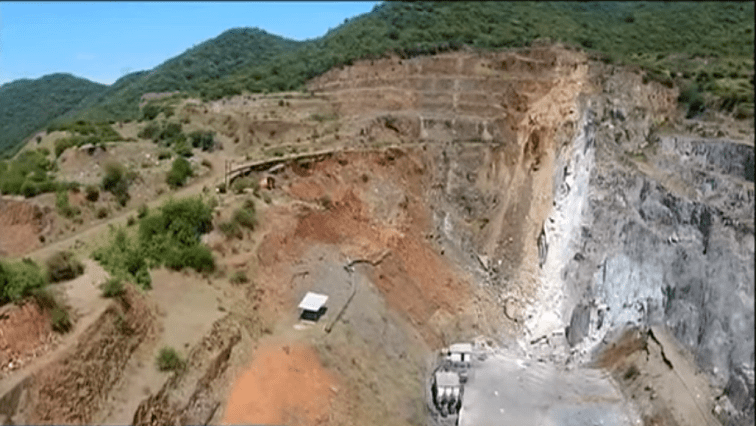 Arqomanzi accused of delaying Lily Mine sale because it’s eyeing R141m profit from loan claim
Arqomanzi accused of delaying Lily Mine sale because it’s eyeing R141m profit from loan claim
-
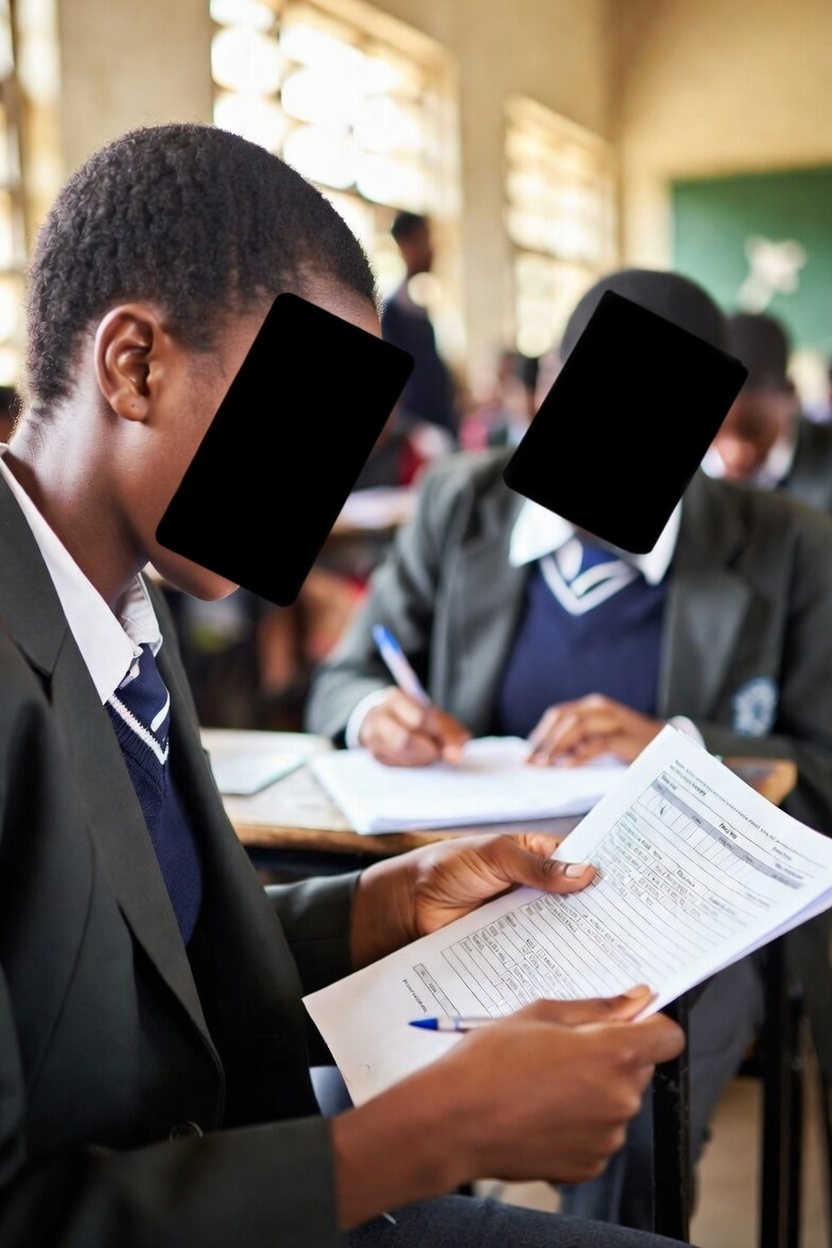 Matric cheating rocks Mpumalanga once again
Matric cheating rocks Mpumalanga once again
-
 Mvianga dismisses Royal Bafokeng’s response to his court application
Mvianga dismisses Royal Bafokeng’s response to his court application
-
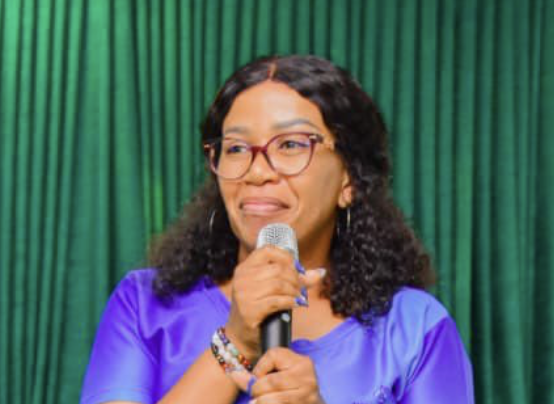 ANC denies ever raising funds from City of Matlosana
ANC denies ever raising funds from City of Matlosana
-
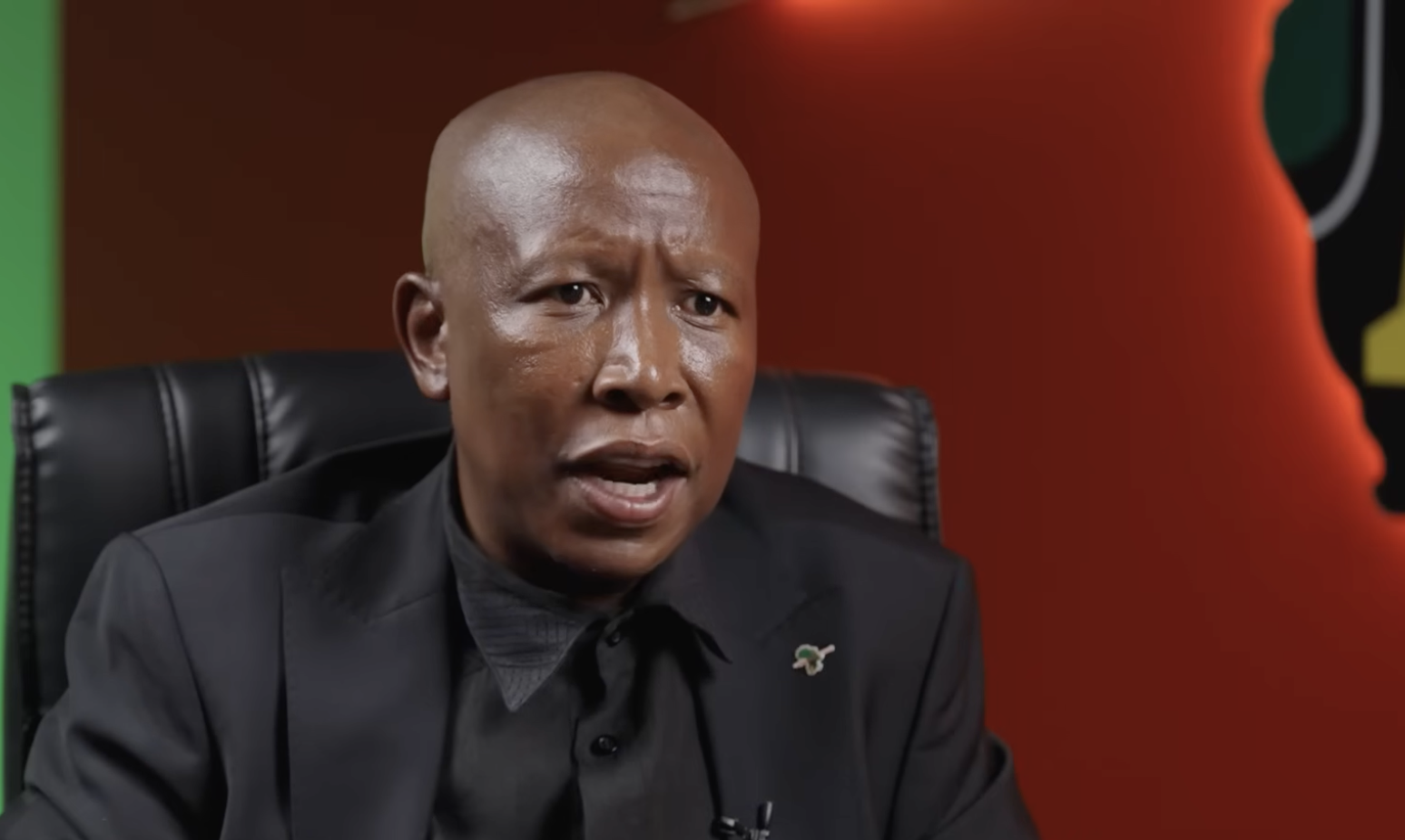 ‘SA must boycott the World Cup’ – Malema
‘SA must boycott the World Cup’ – Malema
-
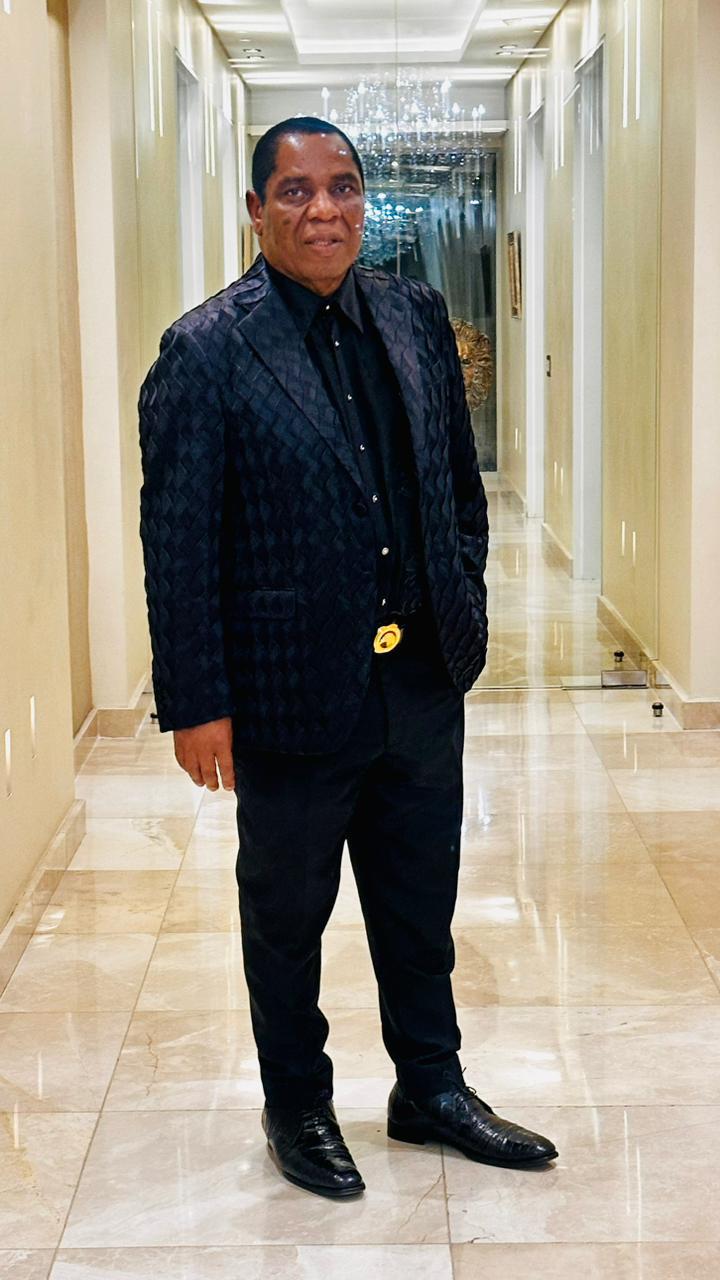 Transnet loses third court battle and ordered to pay R60m to Gijima
Transnet loses third court battle and ordered to pay R60m to Gijima
-
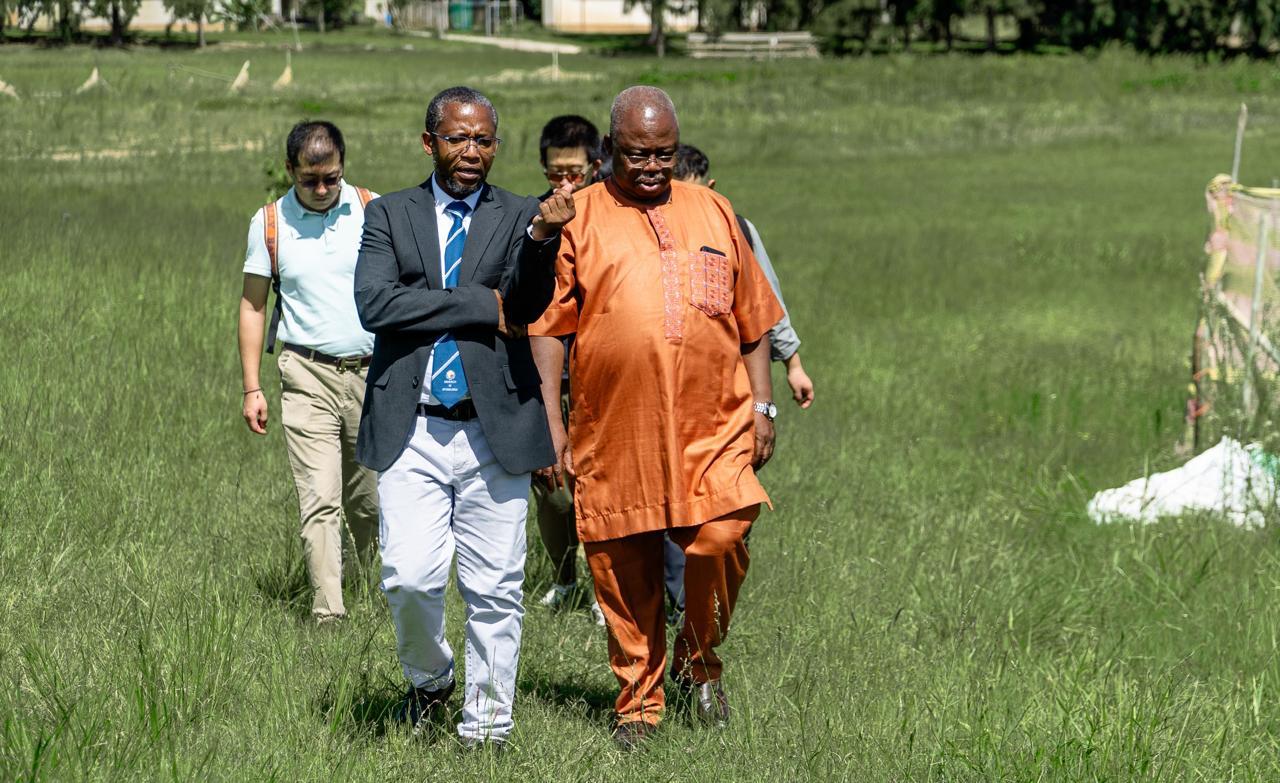 UMP’s ambition to position SA as a leading rice exporter
UMP’s ambition to position SA as a leading rice exporter
G20 in Rio: Elevating Africa's role to shape the future
China Africa Talk: What has been South Africa's experience of the G20 Summit in the past? And as the only African country within the body, what role has it been playing?
Gert Grobler: First of all, we all know how important the G20 is. They're representing 85 % of global GDP, 75 % of global trade, and two-thirds of the world’s population. So, it's a very important mechanism. We have been part of the G20 from 1999. South Africa being the only country from Africa at the time, we placed very strong emphasis on the developmental priorities of Africa that was always at the top of our agenda, at all the summits we attended. We will continue to do that increasingly in very close cooperation with the African Union, who was admitted as a member under the Indian Presidency.
We as South Africa, we feel we can play a role and we have been playing a role, because we are firmly as is China and as the other developing economies regarding the reinvigoration of multilateralism and the reform of global governance institutions. Those are all issues that are at the heart of the G20 we had. For instance, under the recent three G20 Summit where the Presidency were held by Global South, Indonesia, India, and Brazil, we fully, as South Africa,supported Indonesia's focus of inclusive development. India pushed a digital revolution and sustainable development and so on. Brazil now pushes with social inclusion and equitable development. So South Africa always strongly supported it. But we feel it's a very important platform, and we are extremely happy that the AU has been admitted. We also would like to thank China for the very important role it played to make this possible with many other countries.
China Africa Talk: The African Union has become the latest permanent member of the G20. What status does the AU hold in the group and what are possible expectations for the AU this time around?
Gert Grobler: South Africa strongly supported the membership of the AU. We all realise that the G20 indeed plays a very important role in shaping and strengthening global architecture and governance involved in major international economic issues. So, it can only be to Africa and to the AU and South Africa's advantage to be an active part of this very important G20 mechanism. And I can just add that the AU’s inclusion in the G20 is, in fact, historic and the fact that it will help to solidify Africa's role in addressing critical global issues, as we all know, economic development, climate change, energy, and so forth.
China Africa Talk: How does China view its role in shaping the agenda for this year's G20 summit? And what priorities does China want to see addressed?
Liu Baocheng: In China's perception, this year's theme for the G20 is pretty much fitted to the Chinese development agenda and its perception over its role in the world, because this year the focus is on global economic stability, climate change issues, development cooperation, and also technological investment. China is playing an important role in all these important agenda in which China can take this opportunity to reshape and refocus perception for more equitable and sustainable development. We intend to focus on addressing, first of all, the cohesiveness in the collective effort between developed world and also those big emerging economies to really boost the infrastructure development, and also to form a more trustworthy partnership in order to support the UN-led reform. This reflects China's broader strategy to position itself as a key player in the international affairs, particularly in promoting development, multilateralism, and also its own investment and trade agenda with the Global South.
China Africa Talk: Talking about economic growth, how can G20 countries collaborate to promote an inclusive economic growth and at the same time reduce inequality among less developed countries?
Liu Baocheng: G20 was born to be more focused on financial stability after some of the financial crisis on regional and global basis. But it has been unfolding its ambition to include more agenda in terms of the global economic growth and even geopolitical issues that impact on growth. And more importantly, it is how to implement the sustainable development goals set forth by the United Nations. And this requires building an alternative and a broader platform as compared with the G7. The G20 is a teaming up between the rich countries and the big emerging economies. They are so powerful because they occupy more than 85 % of the global GDP, and also nearly 80 % of the global trade and not to mention many of their institutional capacities that can influence the world.
In today's volatile environment, it is even more crucial to bring up more of those specific agendas as how the world can really work together towards a sustainable development agenda. So, China is a firm believer that infrastructure development is always the basis for any country's economy to take off. And building different ways of managing their own economy is also important, because there's not really a unified template for every country to copy. And streamlining the trade and investment is really the key to cater to the critical need of those people. And definitely China's Belt and Road Initiative has benefited a great deal, both for the Global South countries in particular and also China. So, it's also about to promote the basic concept of one earth, one family, which is pretty much in line with our Confucius idea of one family under the heaven.
China Africa Talk: Are there plans for China and African nations to push for changes in international financial structures, such as the IMF and World Bank to make them more inclusive of global self-interests?
Gert Grobler: Yes, indeed. And it's a very important issue. In the G20 context, this will be one of the issues that Africa will continue to push for. And we were very happy with the outcome of the highly constructive FOCAC meeting in Beijing recently, where both Africa and China strongly called for a universally beneficial and inclusive economic globalisation. And that meets the common needs of all countries and especially the developing countries. In fact, China and Africa also called for reforming the international financial system and improving the development of financing for countries in the Global South to realise common prosperity, and to take better care of the development needs of African countries. Of course, Africa and China at FOCAC took active part in promoting the reform of multilateral financial institutions, like the World Bank, and International Monetary Fund. Africa is China's biggest trading partner by far, and it's grown to about 282 billion in total trade in 2023. We want to work under the South Africa Presidency of G20 increasingly closer with China to give concrete content to what we decided at FOCAC for instance. I'm very optimistic that there will be some positive results in this regard.
China Africa Talk: How do China and African countries plan to advocate for greater representation of developing economies within the G20 discussions?
Liu Baocheng: I think that's a very important question that the whole world is really having the outcry for years as how to reform the global order and how to reform the global financial institutions that is the legacy of the Bretton Woods. But the issue is how. It is not really the developing countries, be it China, or be it Africa, are asking for more of the charity work. But we ask for a more transparent, a more just, a more inclusive and a more of the future oriented architect that can benefit developing countries on an equitable basis.
Therefore, first, much of the voice needs to be heard by building a better representation of the Global South and particularly from Africa. Then the existing obligations, in terms of, for example, the general preference of trade must be implemented, and also the support for green transition, both on the financial and also on the technology sector has to be implemented, because this is already something that is being agreed.
And then the global financial institutions need really to take do better homework with regard to the specific conditions at the local level, at the community level, at the project basis, instead of simply offering a unified, universal template for them to issue loans, for them to oversight progress of some of the big infrastructure projects. And then more of the transparency that is really needed, so that multiple financial institutions and many other stakeholder countries can be able to get information with regard to what is going on in a financial situation. Of course, in the meanwhile, both China and Africa are there to improve their own level of governance, their own level of accountability with regard to some of the projects. Therefore, it is a collective effort that requires the reformation, both at home and also at the global level.
China Africa Talk is a podcast from CGTN Radio.
Find more on its website: https://radio.cgtn.com/podcast/column/other/China-Africa-Talk/539
